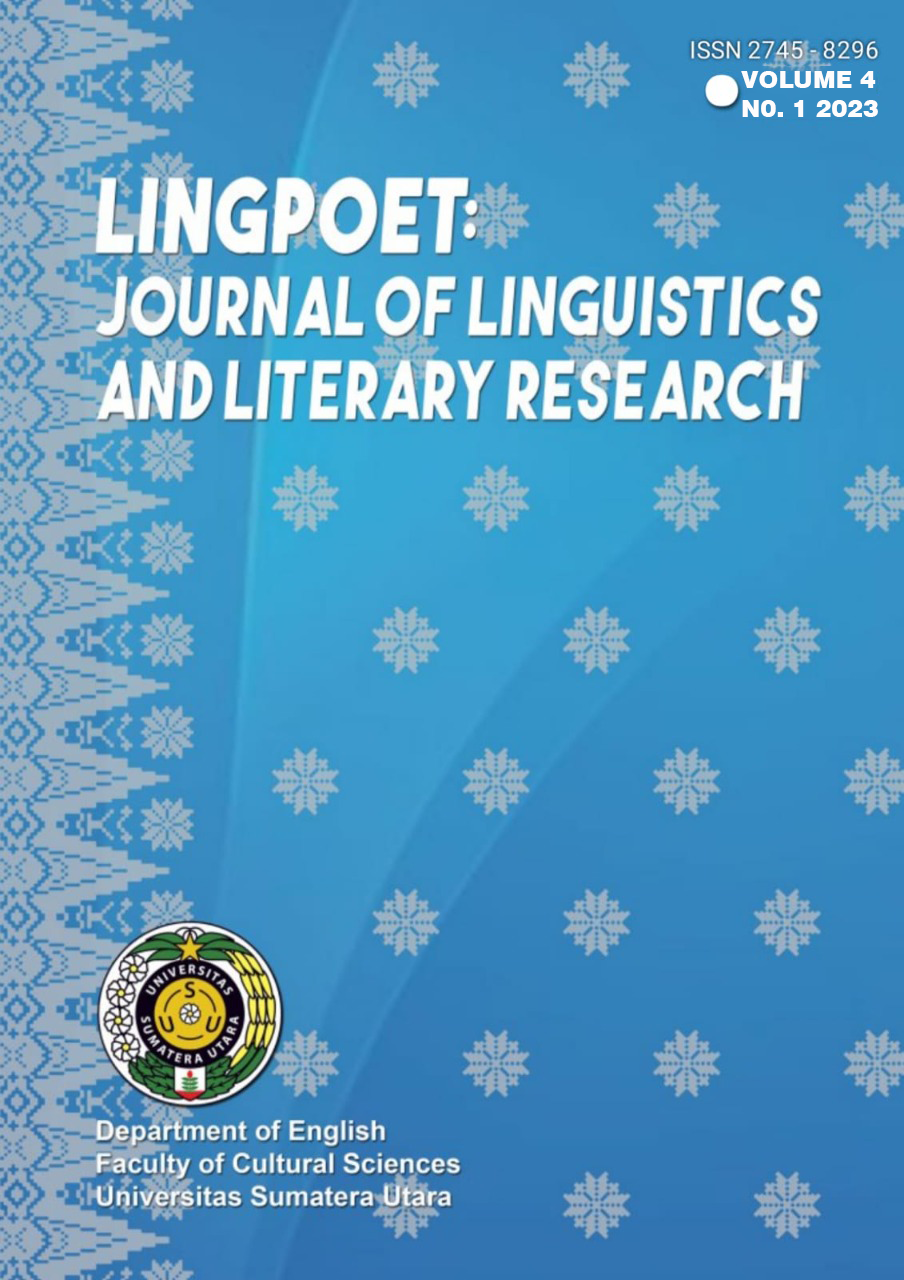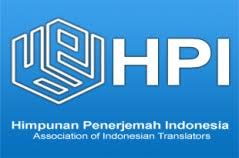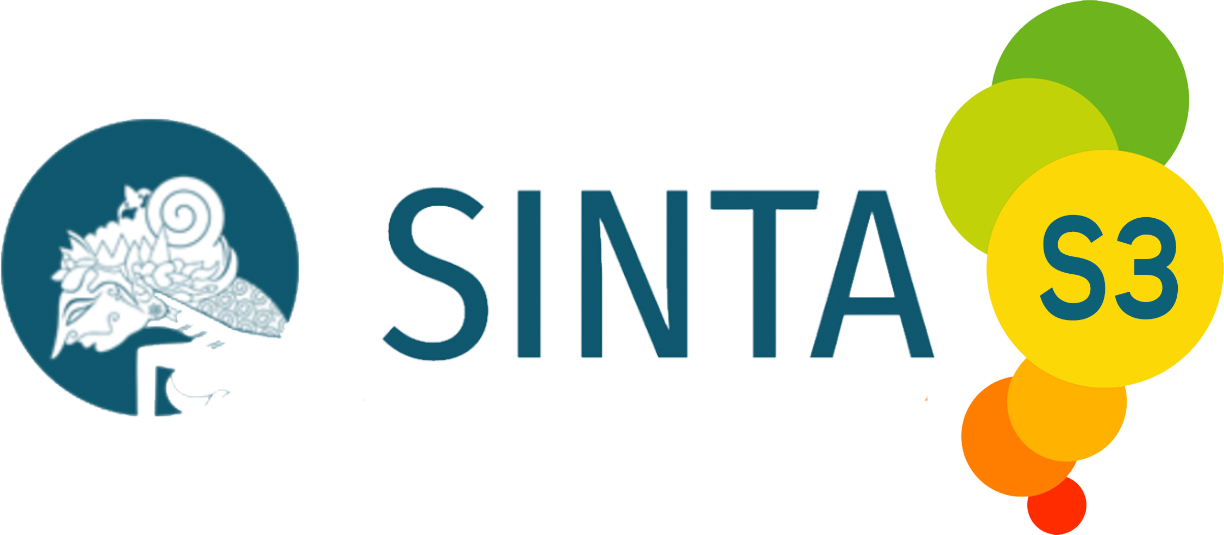Interactional Metadiscourse Markers in the U.S. House Republican Primary Debate
Keywords:
metadiscourse, primary debate, Republican partyAbstract
This study aims at explaining the types and functions of interactional metadiscourse markers in the U.S. House Republican primary debate. It is a descriptive qualitative method because the data in this study are the form of words. The source of the data in this study is debate transcripts, while the data are the words, phrases, and sentences in the debate which contain the categories of interactional metadiscourse markers. The results of the study show that there are five types of interactional metadiscourse markers. Those are hedges, boosters, attitude markers, self-mentions, and engagement markers. Self-mentions are the most dominant markers used by the candidates which reach a total of 149 data. Meanwhile, the lowest marker is hedges with a total of 62 data. In addition, the writer also found that each marker has its own function. Hedges aim to show that the speaker's statements are more reasonable opinions than facts. Boosters are used to emphasize or clarify a statement. Attitude markers have a function to show the speaker's attitude towards a proposition. Then self-mentions are used to explicitly show the speaker's presence in the discourse. Meanwhile, engagement markers are used to focus the audience attention or involve them in the discourse.
Downloads
References
Affifatusholihah, L., & Setyawan, A. H. (2016). Editorial Team. Journal of English Language and Education, 2(2). https://doi.org/10.20473/jovin.v1i1.19873
Albalat-Mascarell, A., & Carrió-Pastor, M. L. (2019). Self-representation in political campaign talk: A functional metadiscourse approach to self-mentions in televised presidential debates. Journal of Pragmatics, 147, 86–99. https://doi.org/10.1016/j.pragma.2019.05.011
Dichoso, D. B., Malena, C., & Edd, E. L. G. (2022). Interactional Metadiscourse Markers in Computer- Mediated British Parliamentary Debate: A Discourse Analysis. II(7), 302–314.
Farghal, M., & Kalakh, B. (2020). Engagement in Translation: Interactional Metadiscourse Markers in American Presidential Debates. Jordan Journal of Modern Languages and Literature, 12(1), 103–122.
Freelay, A. J., & Steinberg, D. L. (2013). Argumentation and Debate: Critical Thinking for Reasoned Decision Making (M. Eckman (Ed.), Haematologica (Twelfth Ed), Vol. 89). Lyn Uhl.
Hyland, K. (2005). Metadiscourse Exploring Interaction in Writing.
Istiani, R., & Puspita, D. (2020). Interactional Metadiscourse used in Bloomberg International Debate. Linguistics and Literature Journal, 1(1), 13–20. https://doi.org/10.33365/llj.v1i1.160
Kitjaroenpaiboon, W., & Getkham, K. (2015). An Analysis of Interactional Metadiscourse Devices in Communication Arts Research Articles. 9, 125–131.
Liu, S.-L., & Liu, Y.-L. (2020). A Comparative Study of Interactional Meta-discourse in English Speeches of Chinese and American Stateswomen. DEStech Transactions on Social Science, Education and Human Science, icesd. https://doi.org/10.12783/dtssehs/icesd2020/34442
Miles, M. B., Huberman, A. M., & Saldana, J. (2014). Qualitative data analysis: A methods sourcebook (3rd Edition) (3rd ed., Vol. 4). SAGE Publications Inc.
Nasiri, S. (2012). Exploring the significant role of meta-discourse in academic writing for a discourse community by academic members. International Journal of Research Studies in Education, 2(1). https://doi.org/10.5861/ijrse.2012.97
Sanford, S. G. (2012). A comparison of metadiscourse markers and writing quality in a dolescent written narratives. University of Montana.
Saputra, E., & Putri, A. I. (2021). Interactional Meta-Discourse In Undergraduate Thesis Introductions By English Students Of Muhammadiyah University. 2(1), 42–51.
Sari, A. M. (2014). Interpersonal Metadiscourse Markers used in Michelle Obama’s Speech. 1–12.
Sukma, B. P. (2017). Interpersonal Metadiscourse Markers as Persuasive Strategies in Barack Obama’s 2012 Campaign Speeches. Aksara, 29(2), 283. https://doi.org/10.29255/aksara.v29i2.82.283-292
Tashi, T., & Suksawas, W. (2018). An Analysis of Interactional Metadiscourse in Public Speaking: A Case Study in English Speeches of the Prime Minister of Bhutan. International Journal of Engineering & Technology, 7(4.38), 975. https://doi.org/10.14419/ijet.v7i4.38.27620
Zhang, B. (2013). An Analysis of Spoken Language and Written Language and How They Affect English Language Learning and Teaching. Journal of Language Teaching and Research, 4(4), 834–838. https://doi.org/10.4304/jltr.4.4.834-838
Downloads
Published
How to Cite
Issue
Section
License
Copyright (c) 2024 LingPoet: Journal of Linguistics and Literary Research

This work is licensed under a Creative Commons Attribution-ShareAlike 4.0 International License.













